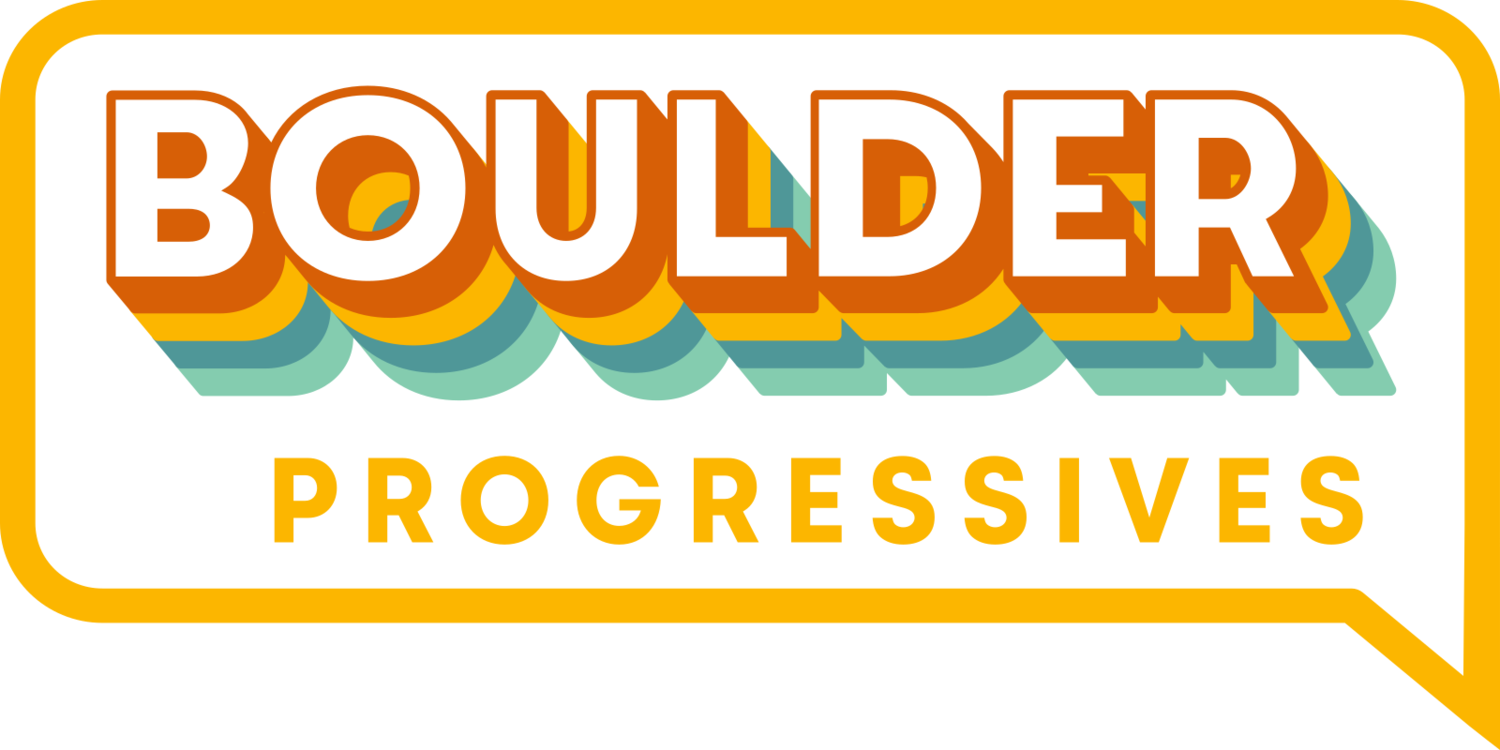Housing Proposals
Expand form-based codes that exempt residential and mixed-use projects from discretionary reviews and eliminate the requirement for Planning Board-level Form-Based Code review.
What problems does this proposal aim to solve?
This proposal would permit developments that met requirements without the need for additional review. There are multiple components of the development process that introduce significant complexity and uncertainty and discourage responsible development.
Streamlining the planning process for projects that meet form-based codes and other standards like 25-50% permanently affordable housing, built along transit lines, and proximity to commercial areas will encourage urgently-needed attainable housing.
Why is this proposal important to address as an immediate priority and how does this proposal further high-level City goals and plans?
This would advance the city’s goals to create safe, healthy, livable, accessible, connected, and sustainable communities.
First, it would reduce the risks and costs of development that meet community needs for affordable and connected housing. Currently only developers with the political and financial resources to navigate Boulder’s complex and uncertain development process are able to pursue developments, which results in a focus on large and disruptive developments.
Second, the development of form-based codes would encourage a mix of land uses tailored to a site design and building form over land use monocultures.
Third, a shift to a form-based code would simplify the city’s conflicting land use rules. Finally, the identification and development of form-based codes would have a public design process for eliciting values and balancing competing needs in the built environment.
-
Resources for additional reading:
“Form-Based Codes.” American Institute of Architects. March 2015.
“Form-Based Code.” AARP Livable Communities.
“Form-Based Codes.” Opticos Design.
“Form-Based Zoning.” American Planning Association. April 2018.
“Form-Based Code.” City of Boulder. March 2021.

